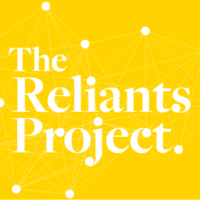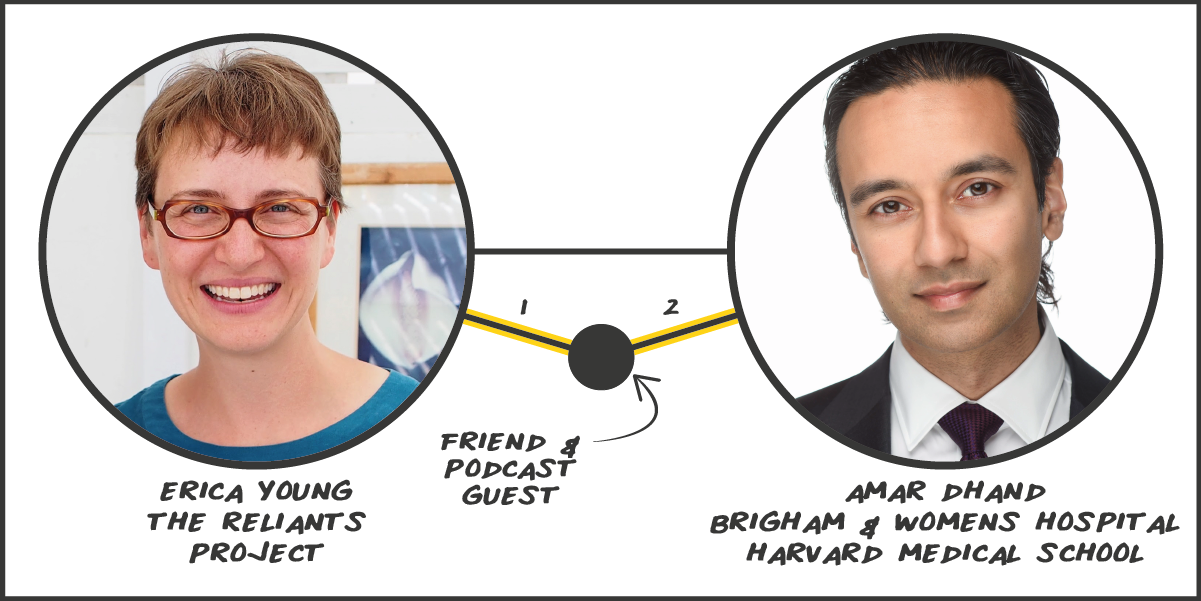Podcast: Play in new window | Download
Dr. Amar Dhand is a Neurologist and Social Scientist at Brigham and Women’s Hospital and Harvard Medical School. Currently, his work focuses on social networks and how they impact health outcomes. He is interested in creating a social network paradigm for clinical medicine.
In this episode we:
- We talk about how he came to appreciate the role that networks play in our physical health
- How those networks tangibly affect his patients
- Ways in which networks impact how quickly people get treatment for medical emergencies like heart attacks and strokes
- How a patient’s network influences their ability to recover from these experiences
- He also shares a little preview of his latest work with professional athletes, how their networks differ from non-athletes, and what that might mean for their health
KEY NETWORK SCIENCE CONCEPTS
- Job Opportunities and Granovetter’s Strength of Weak Ties
- Burt’s Structural Holes and When You Can be a Broker
SHOW NOTES
- How did Amar get interested in networks by studying the peer to peer learning among heroin addicts on the streets of Delhi? [2:12]
- How networks drive health outcomes for patients and for people generally? [5:28]
- 25% of patients with stroke symptoms come to the hospital within time windows for receiving important medical treatment [6:23]
- How they mapped the network of the patient at the time they arrived at the hospital to figure out whether it was associated with them arriving late or early. [6:53]
- How a lot of Amar’s work is inspired by Marc Granovetter and Ronald Burt and showing its relevance in the health world [8:43]
- What’s the mission of their work at Brigham and Womens Hospital? [11:09]
- What are the social determinants of health? [13:08]
- How has it been to engage various stakeholders at the hospital in this work? [16:33]
- Putting sociograms into patient medical charts [19:39]
- Activating patient support using WhatsApp [21:40]
- What’s the value of both strong and weak ties during stroke recovery? [26:02]
- If you could paint a perfect picture of what incorporating social networks into medicine might look like, what do you imagine? [27:44]
- Studying the social networks of former NFL players [30:10]
- How the application of networks in your work as a doctor has impacted how you think about it in your own life? [33:50]
SELECTED LINKS FROM THE EPISODE
Connect to Amar Dhand – Dhand Lab | Twitter
- The roles performed by peer educators during outreach among heroin addicts in India: Ethnographic insights
- WHO About social determinants of health
- Social networks and risk of delayed hospital arrival after acute stroke
PEOPLE MENTIONED

